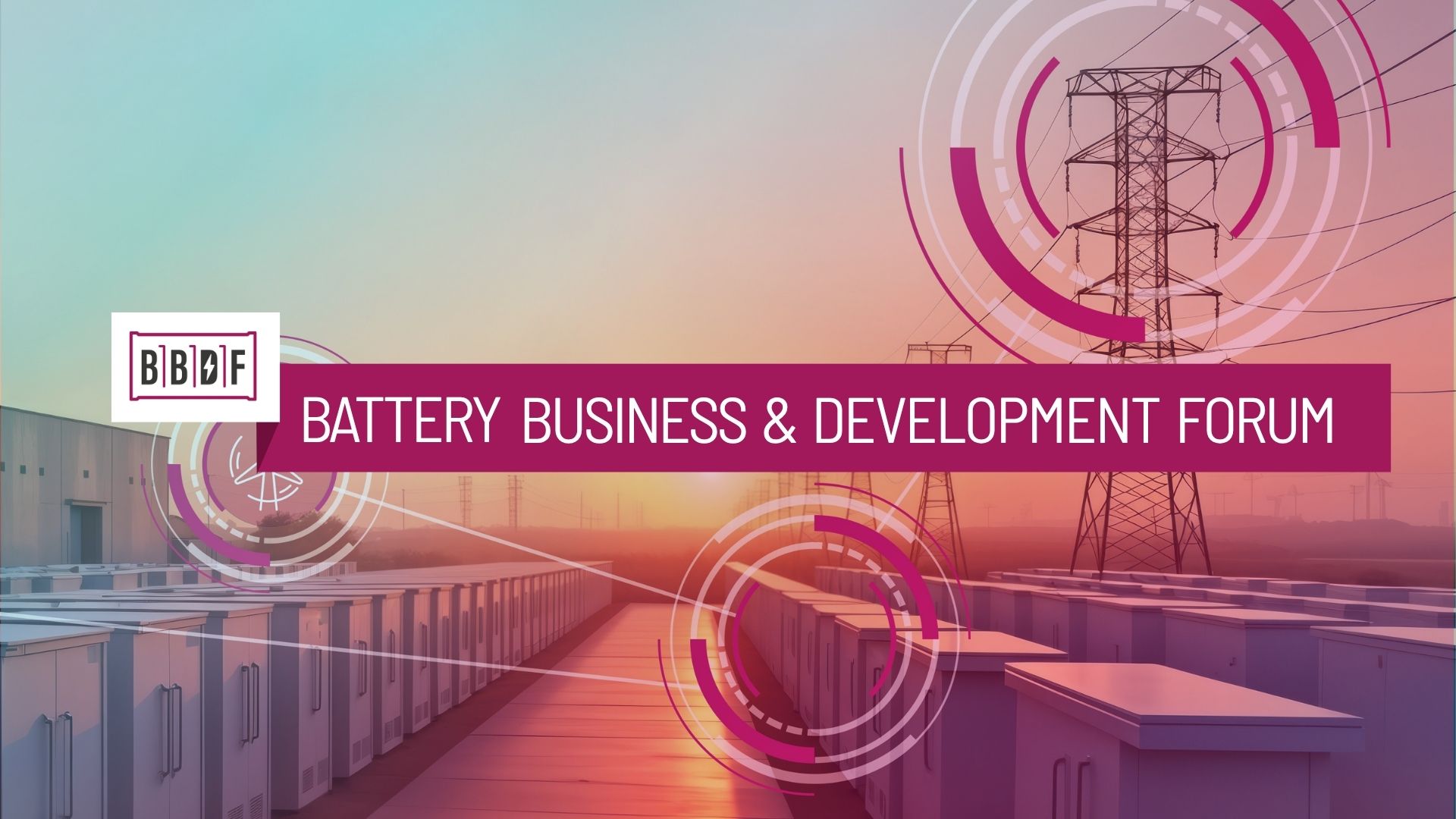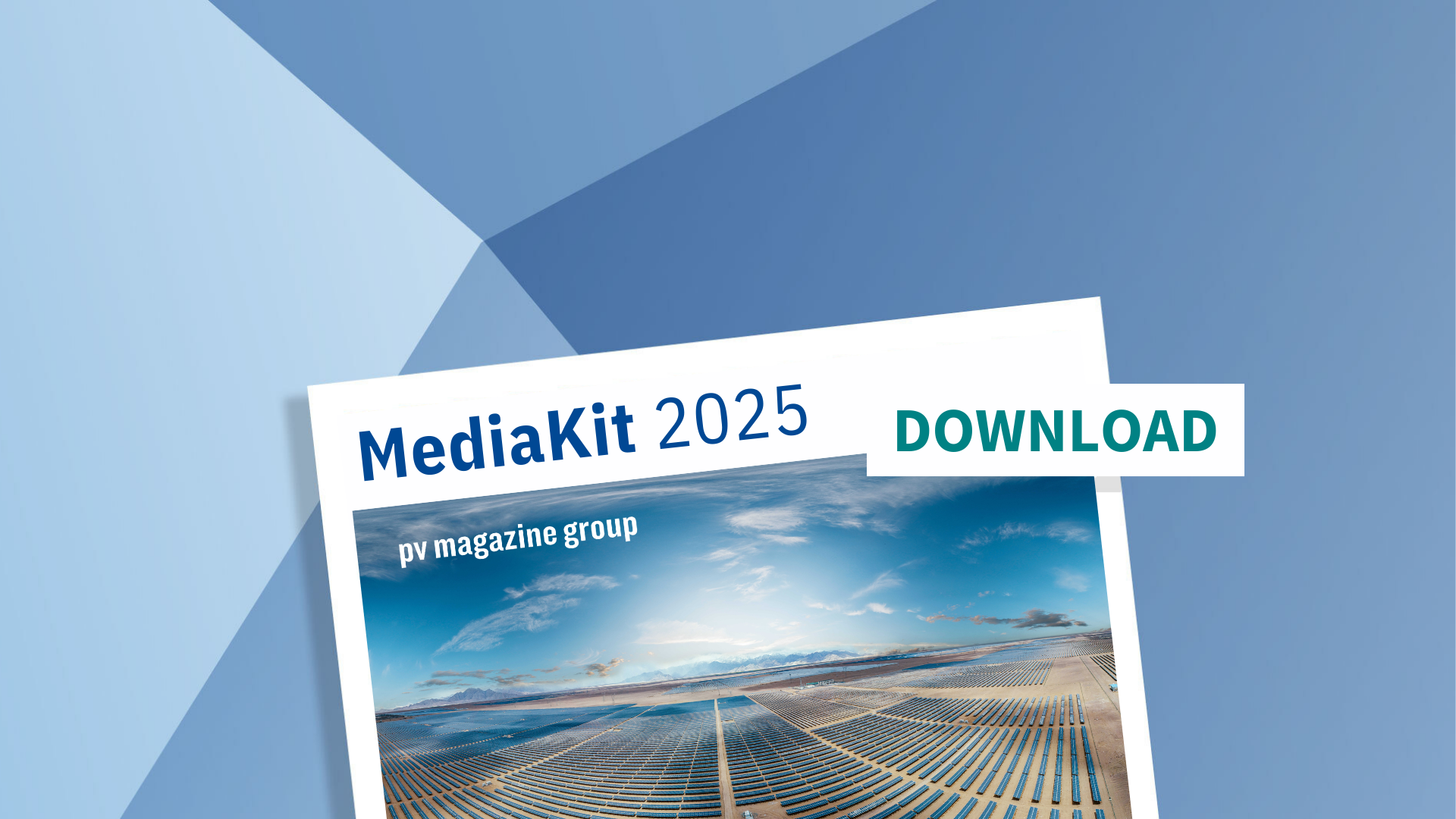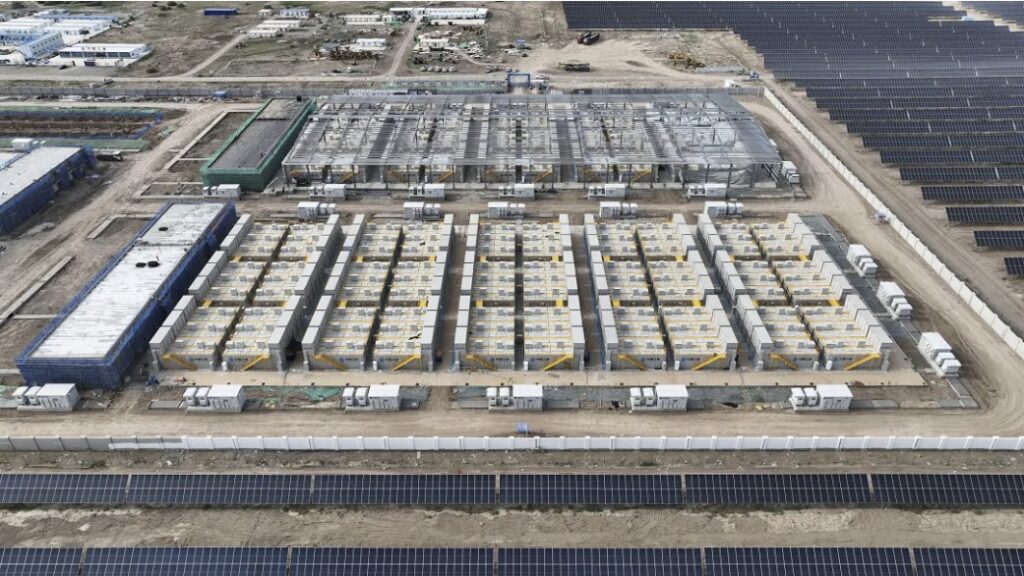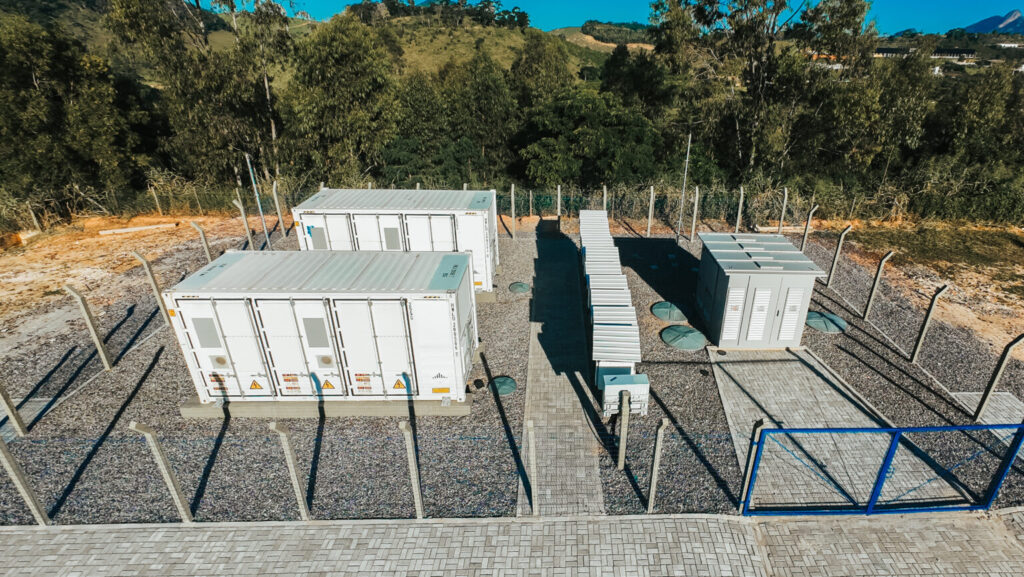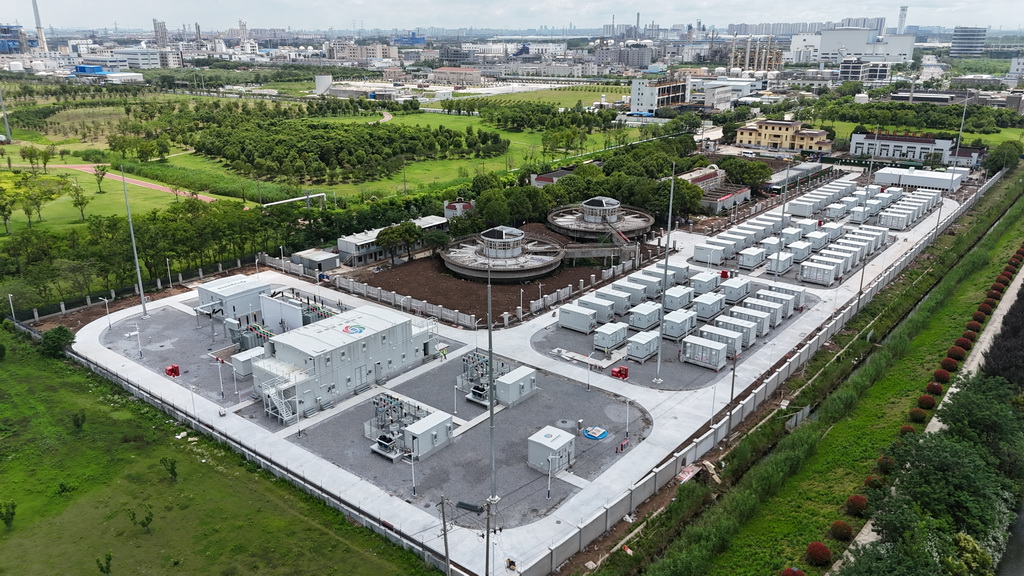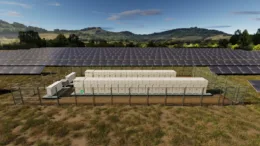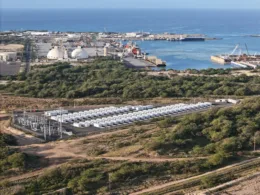UK grant for English vanadium flow battery project

Jersey-based VFB developer Invinity has been given the green light to proceed with a planned “up 20.7 MWh” site in the South East of England which will benefit from a UK government grant of GBP 7 million ($9.18 million) to GBP 10 million.
The VFB, whose exact location was not specified in a press release issued by Invinity to provide a project update, is set to be co-located with a solar project to be developed by a third party.
Invinity said construction of the VFB is due to begin this year with full operation of the site expected in 2026.
The government’s DESNZ is grant funding part of the anticipated GBP 20 million cost of the VFB and the battery manufacturer secured a GBP 25 million investment from United Kingdom sovereign wealth fund the National Wealth Fund in May 2024, with other institutional investors completing a GBP 57.4 million funding round. An application by Invinity to relocate the company from the Jersey tax haven, in the Channel Islands, to England and Wales – and onto the Alternative Investment Market bourse – in December stated that the National Wealth Fund held a 24.7% stake in the business.
The latest government grant has been approved under DESNZ’s longer duration energy storage competition.
The company said it will develop, build, own, and operate the project and holds a 5.5 MW grid connection for the site, plus planning permission for a solar site and battery energy storage system (BESS). Invinity said it had already written to the planning authorities requesting a change in the BESS consent from lithium-ion to VFB permission. The site will feature Invinity’s VS3 VFBs, manufactured at its Scottish factory, in Motherwell.
In addition to generating revenue for grid strengthening services, and from energy trading, Invinity said the data generated by the VFB’s operation will enable it “to become a high-profile reference site” for future VFBs.
The company reiterated its desire to participate in the United Kingdom’s Long Duration Energy Storage (LDES) Cap and Floor tender. The first application window for the tender has been promised before July. The cap and floor system will see energy consumers refund LDES project owners if their revenues fall below a minimum, “floor” level. If revenues exceed a specified maximum, the “cap,” LDES operators will refund the difference into a public fund for consumers.


